The Legend of William Tell
- 7.2
- Drama
- 1998
- 1h
- 14+
a legendary Swiss archer who leads a rebellion against the oppressive Austrian Habsburg rule in 14th-century Switzerland. Forced to shoot an apple off his son's head by the tyrannical governor Gessler, Tell becomes a symbol of resistance. As he gathers a group of loyal followers, he navigates complex relationships, personal sacrifices, and the political tensions of the time. The series explores themes of freedom, loyalty, and justice as Tell and his allies fight for Swiss independence.

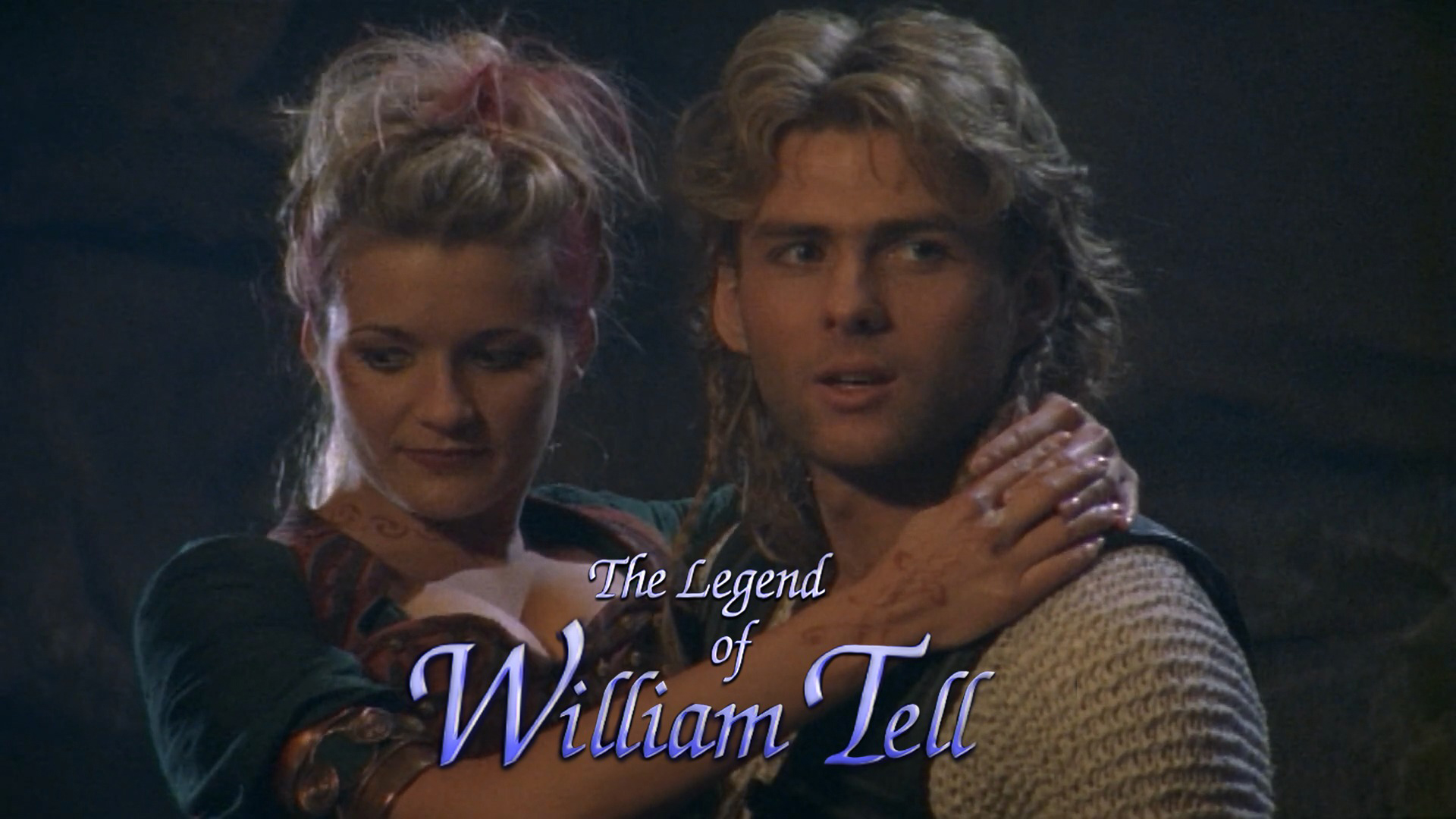
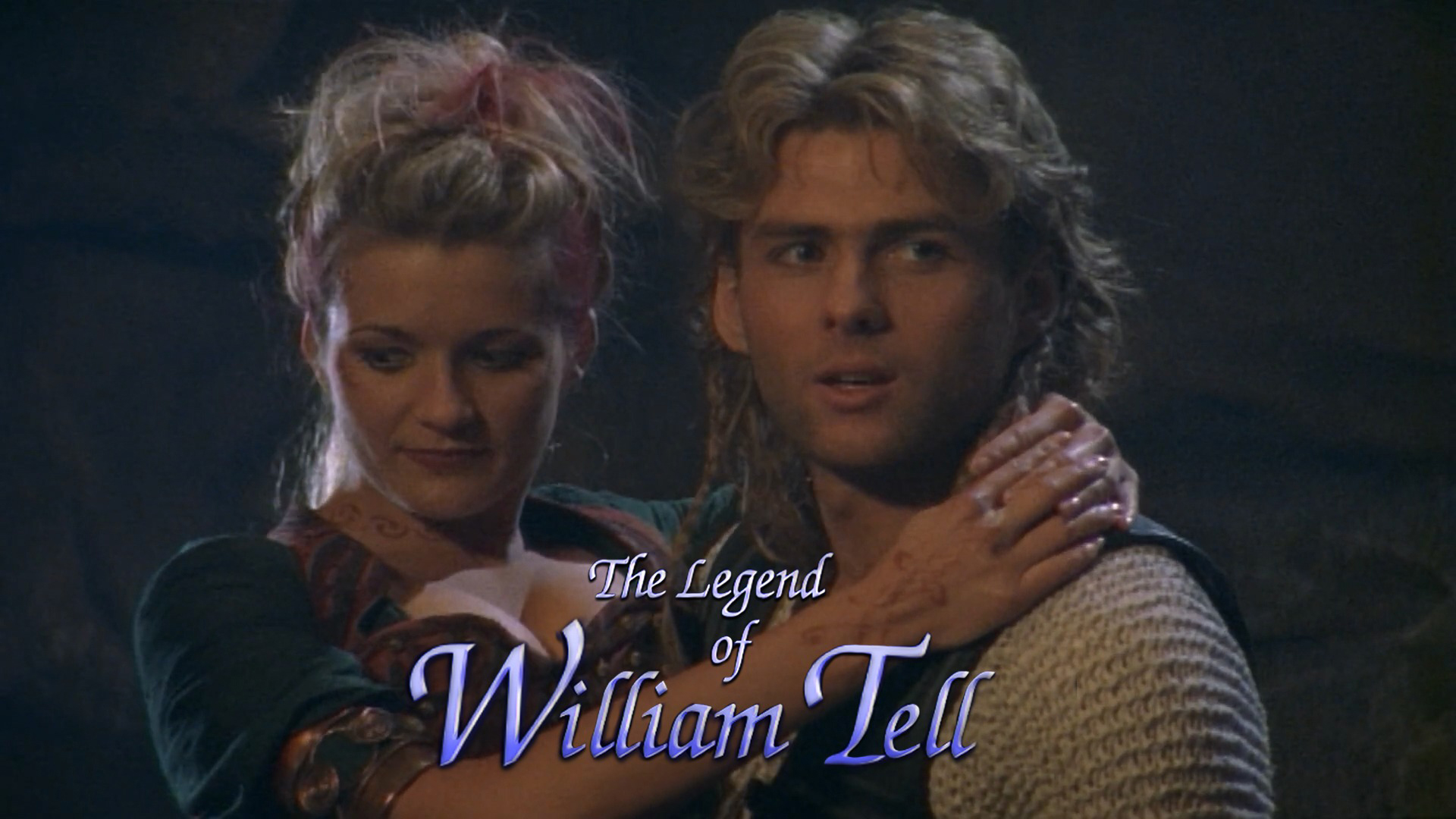
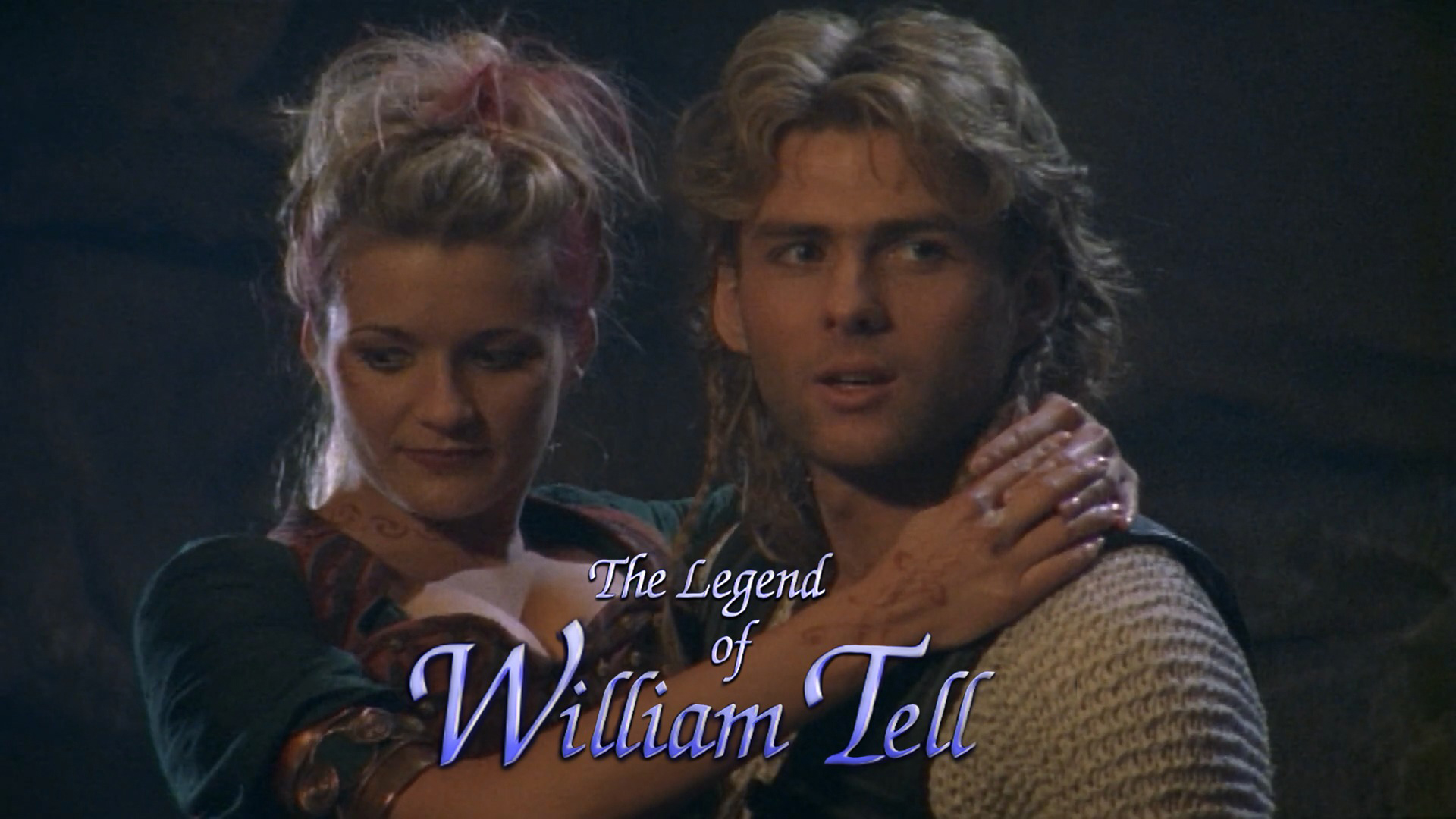
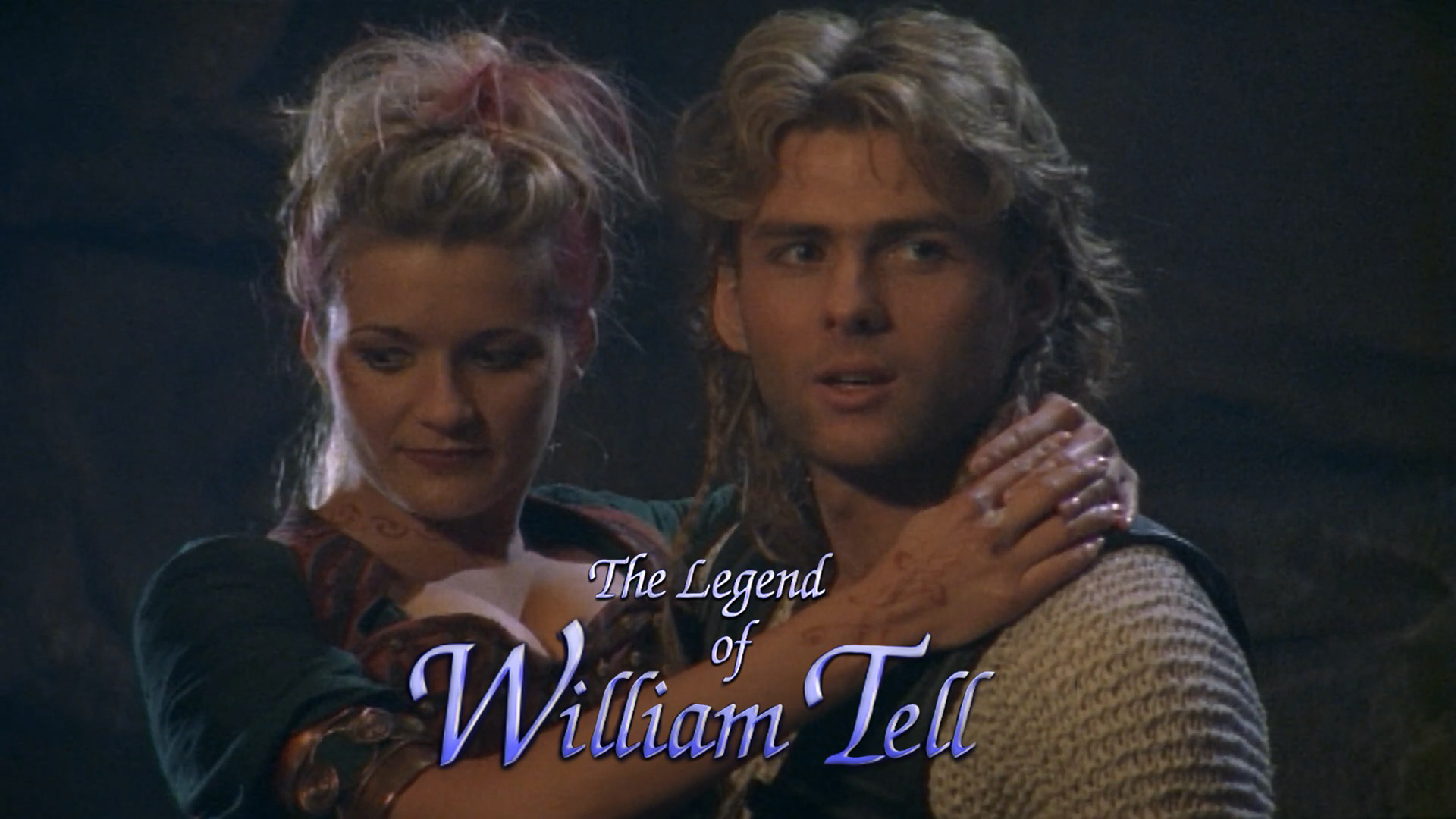
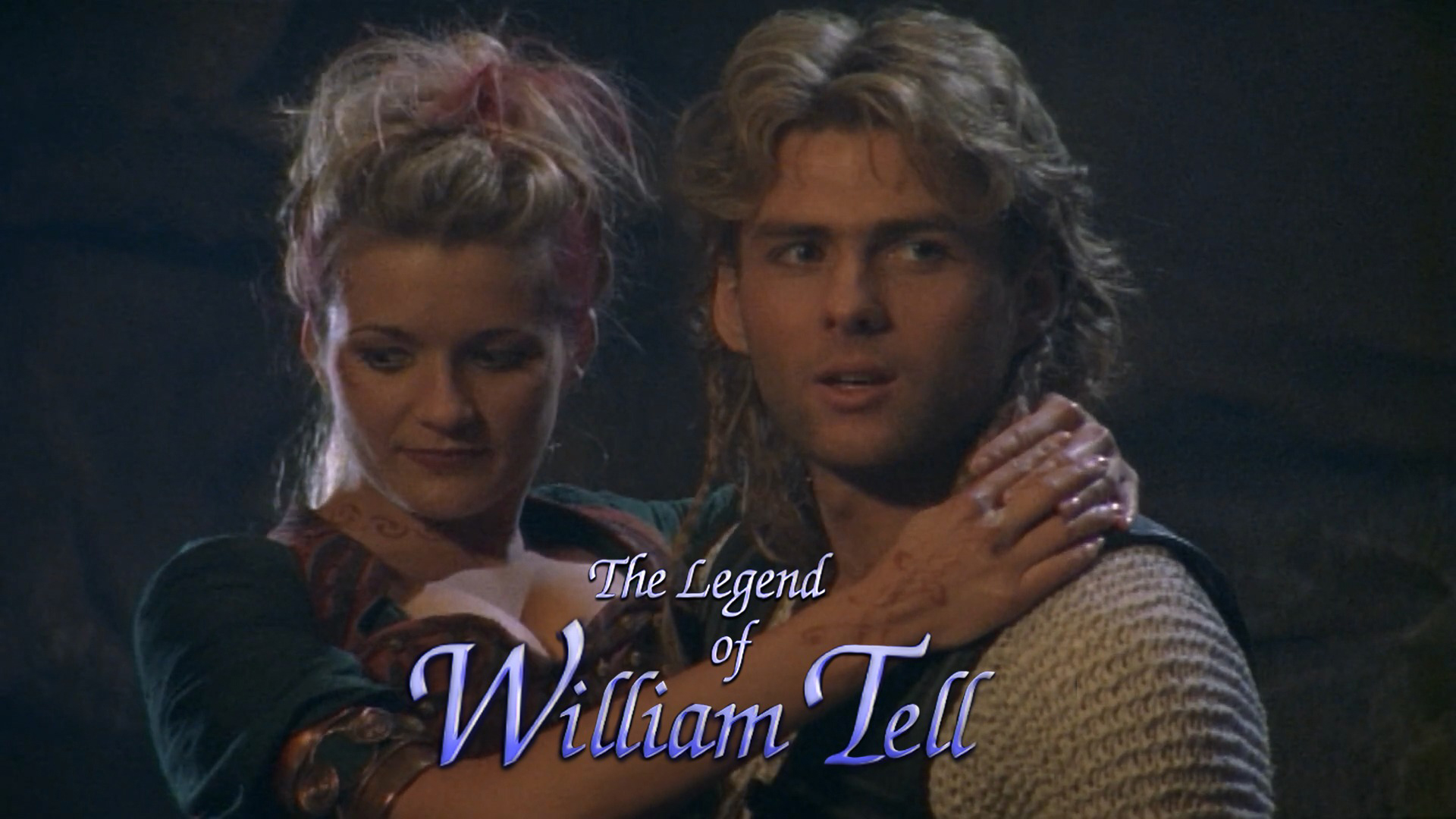
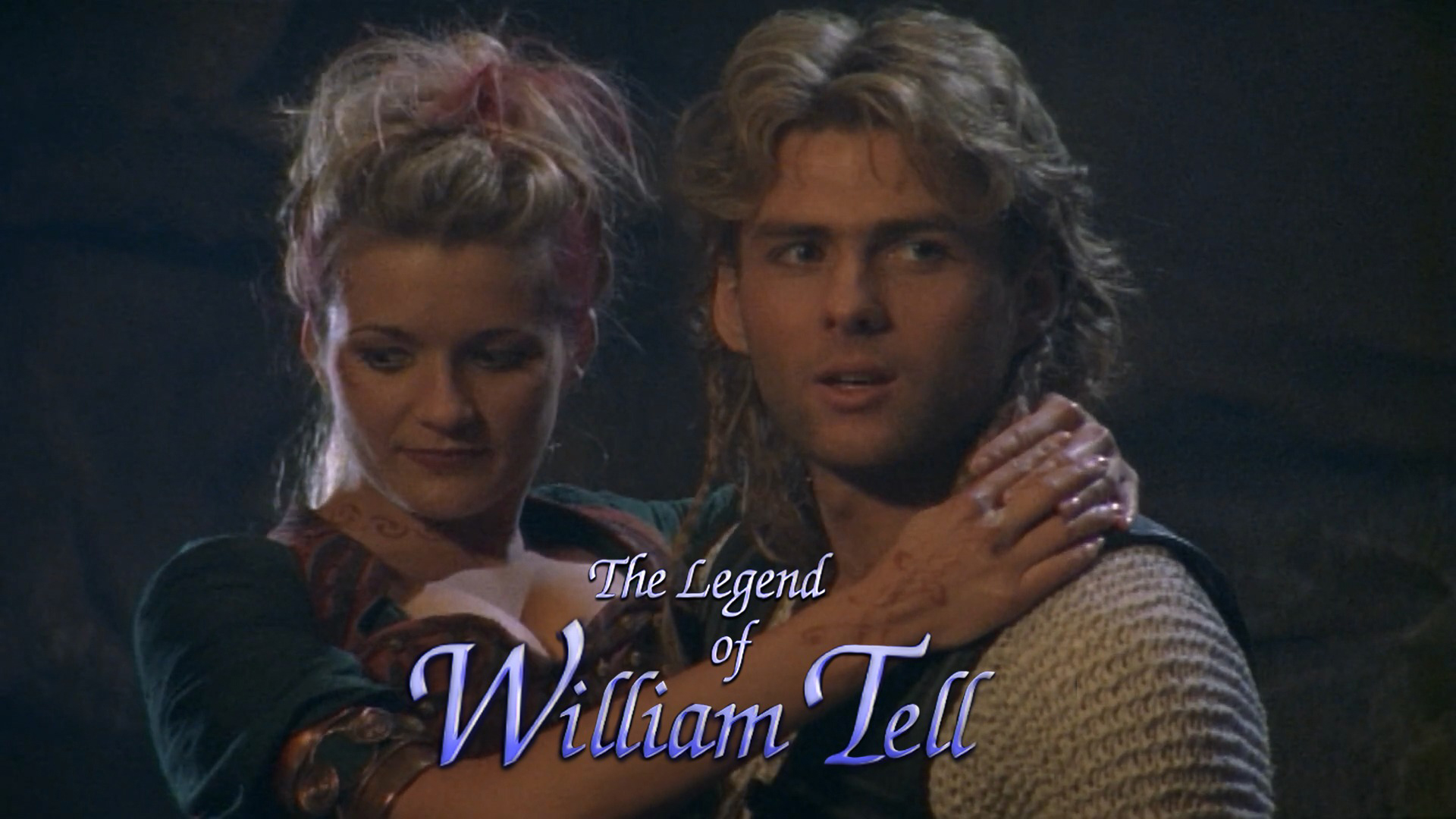
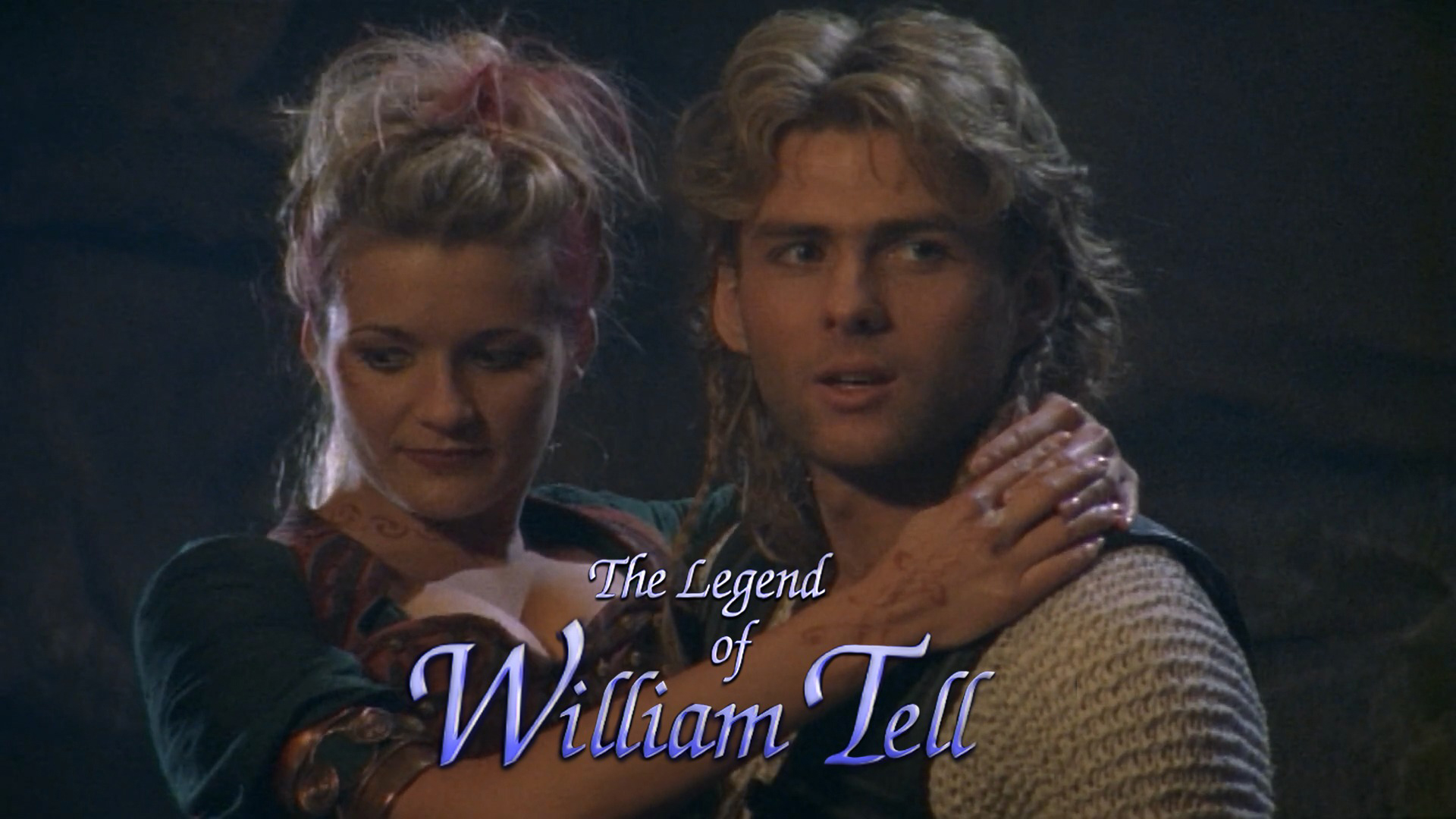
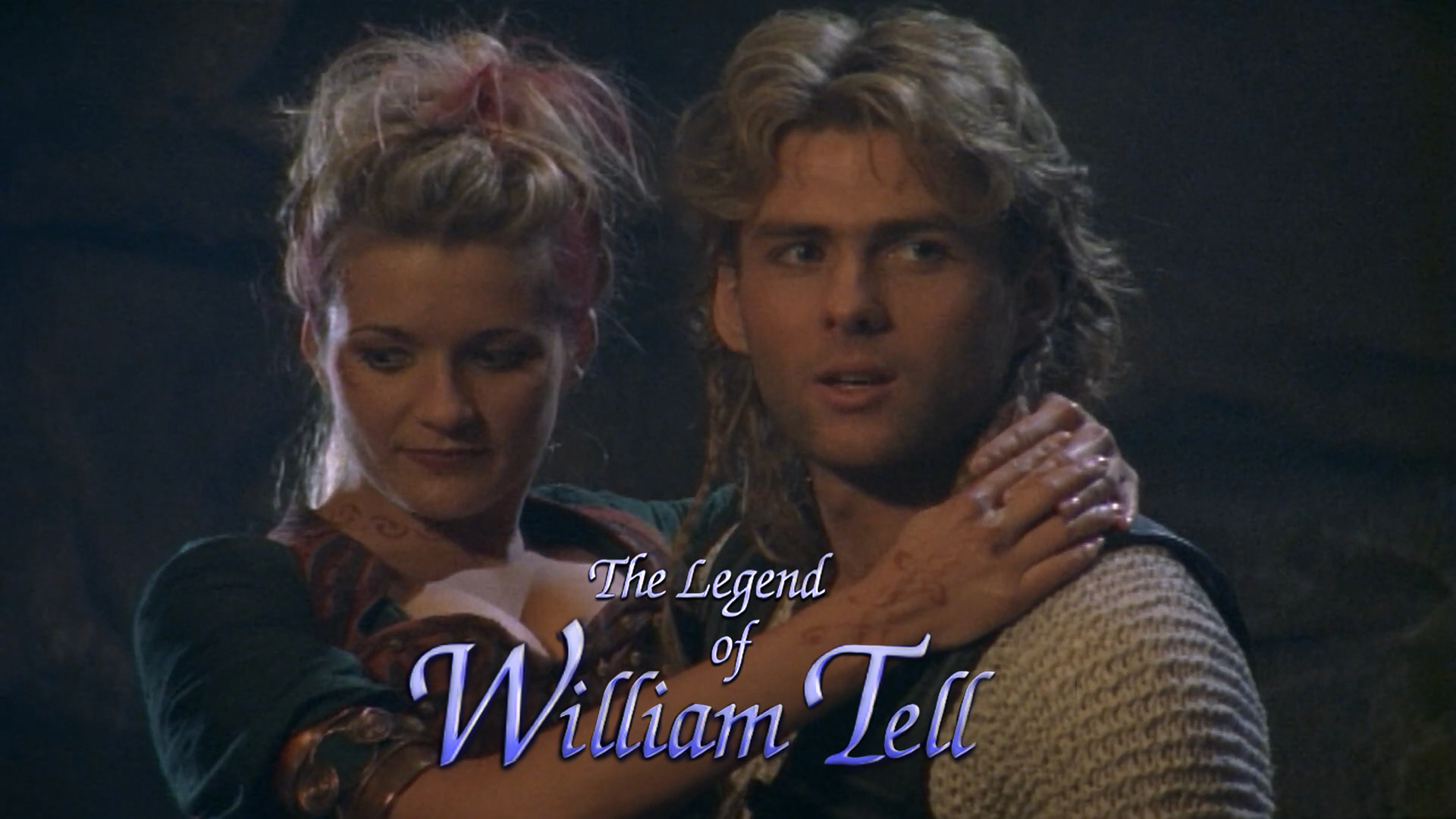
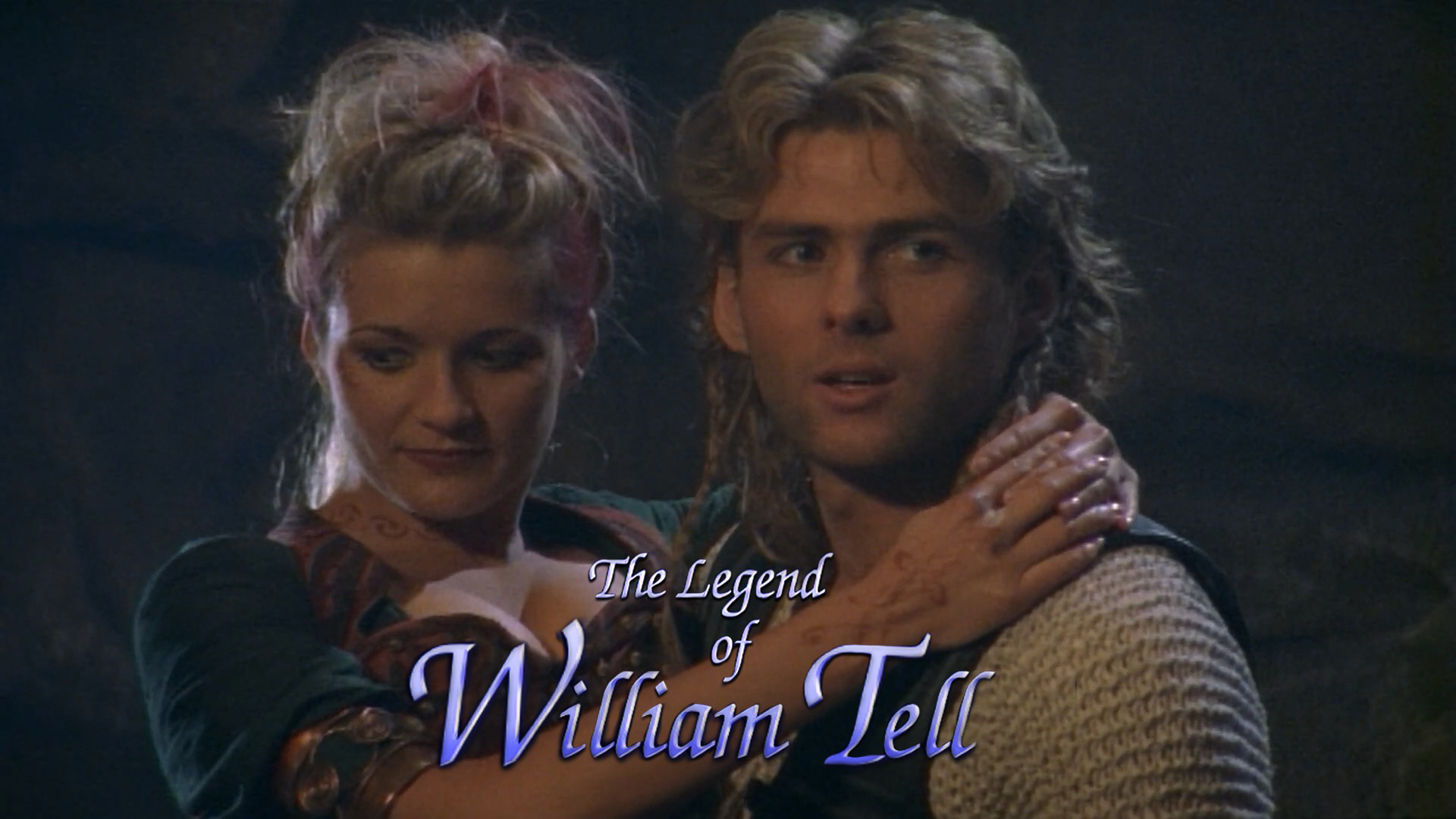
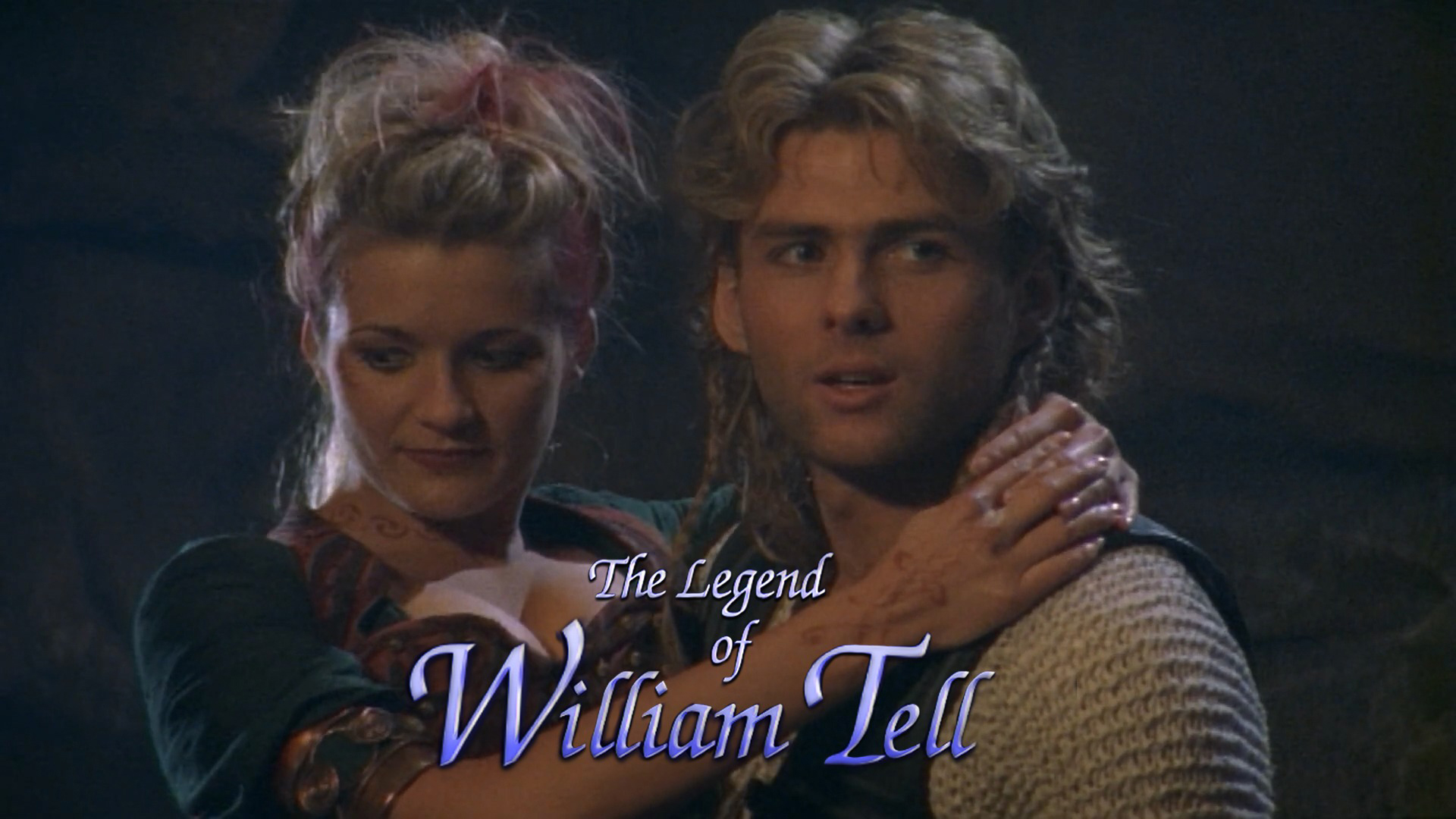
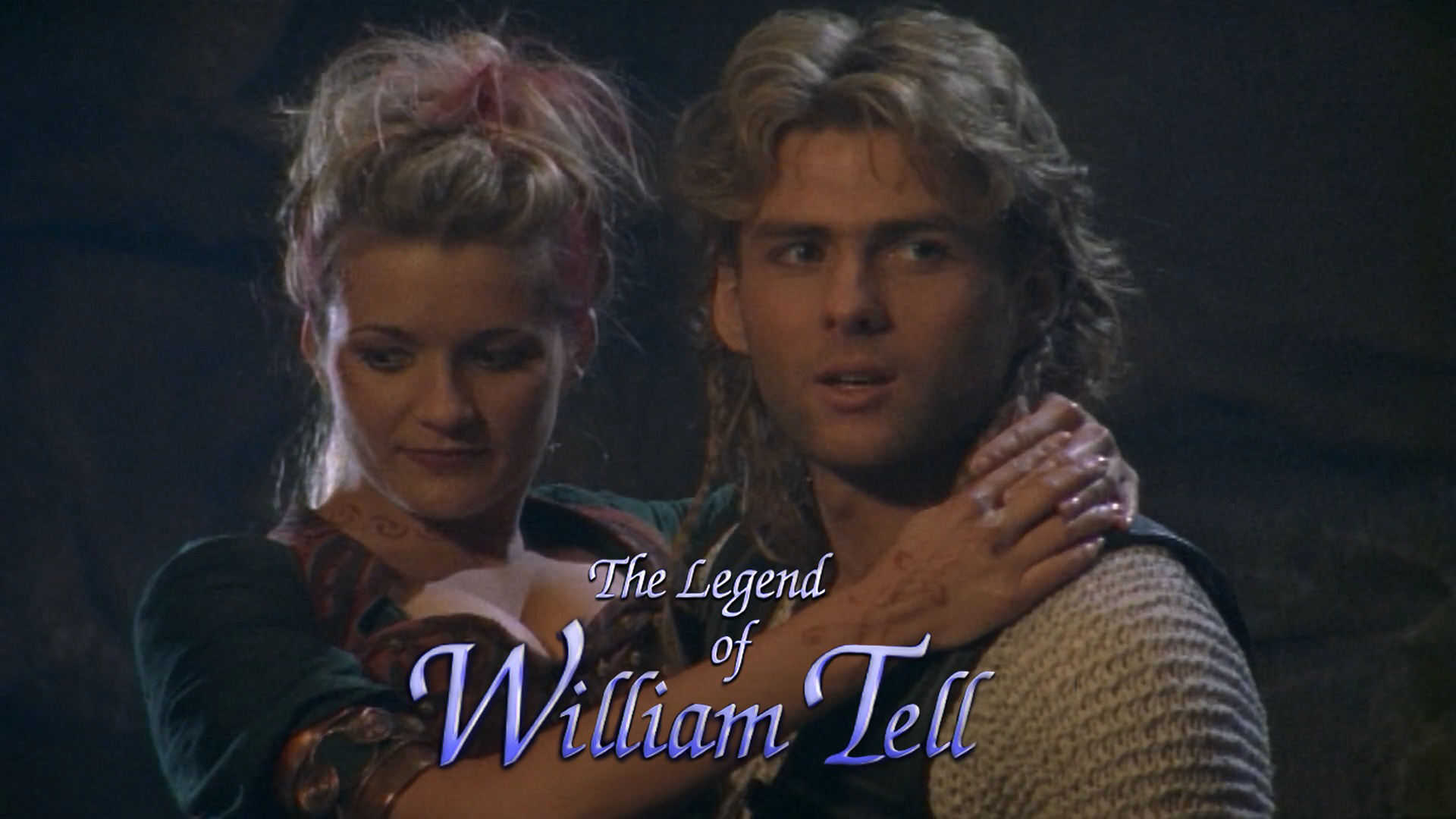
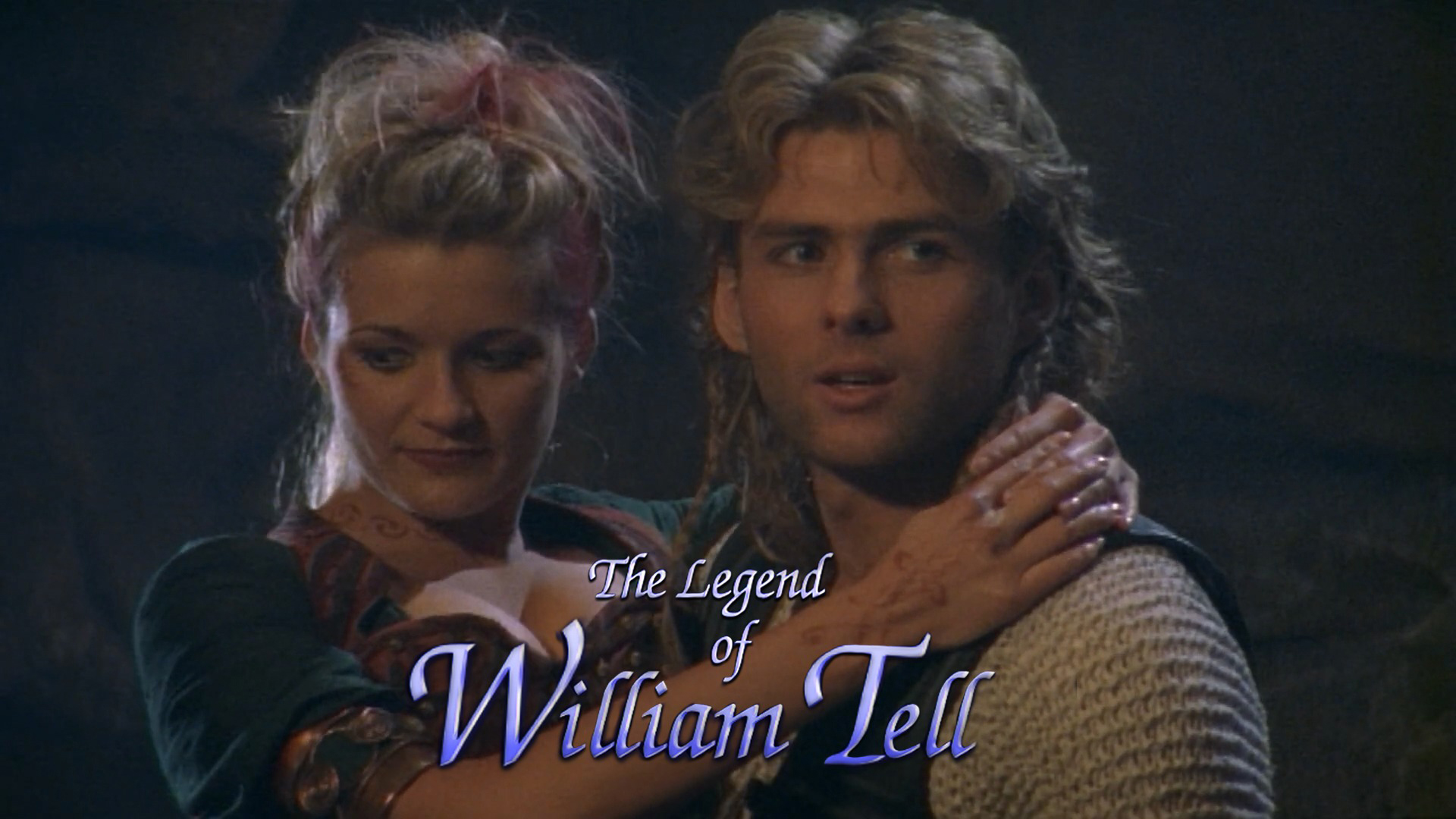
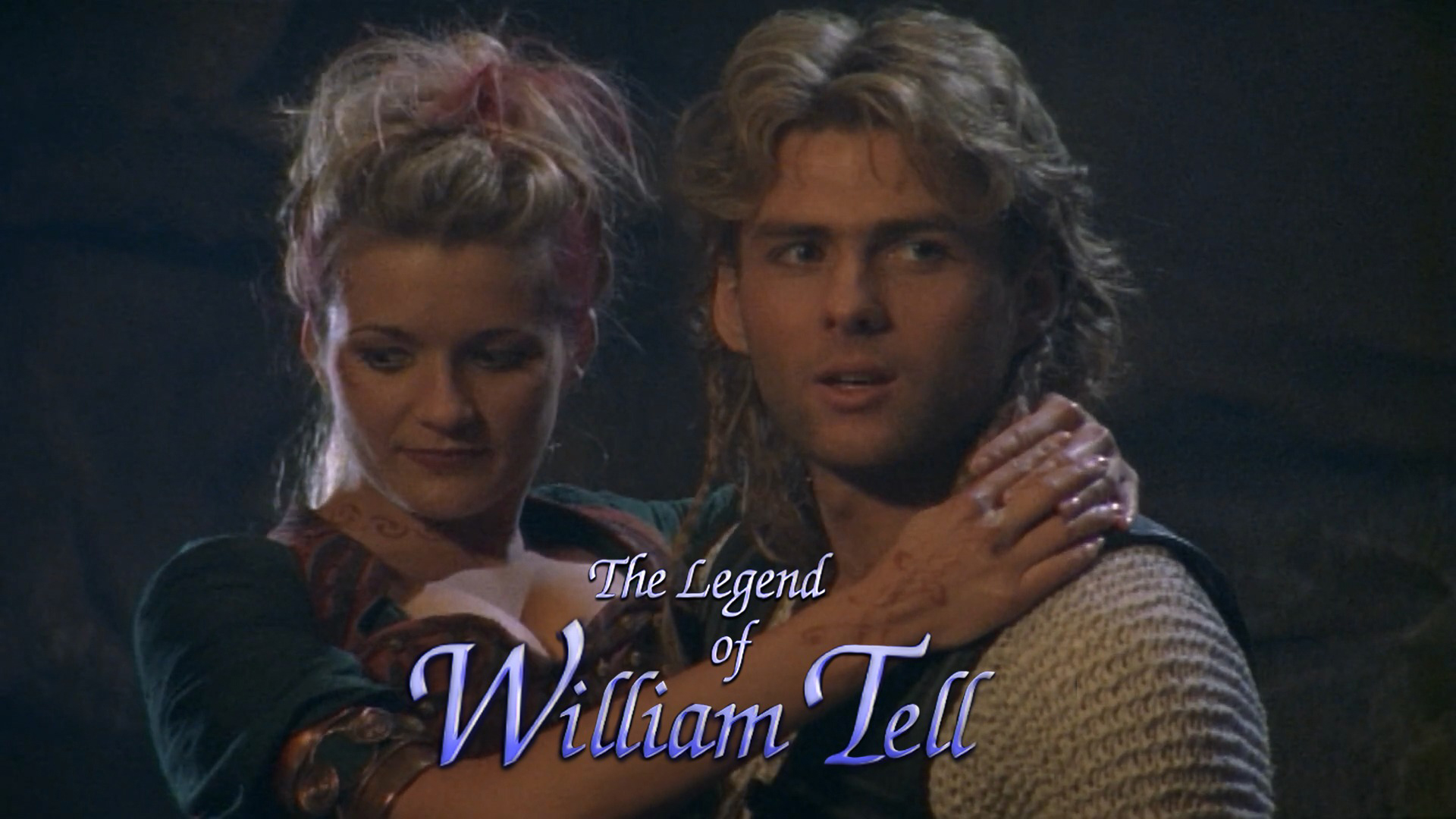
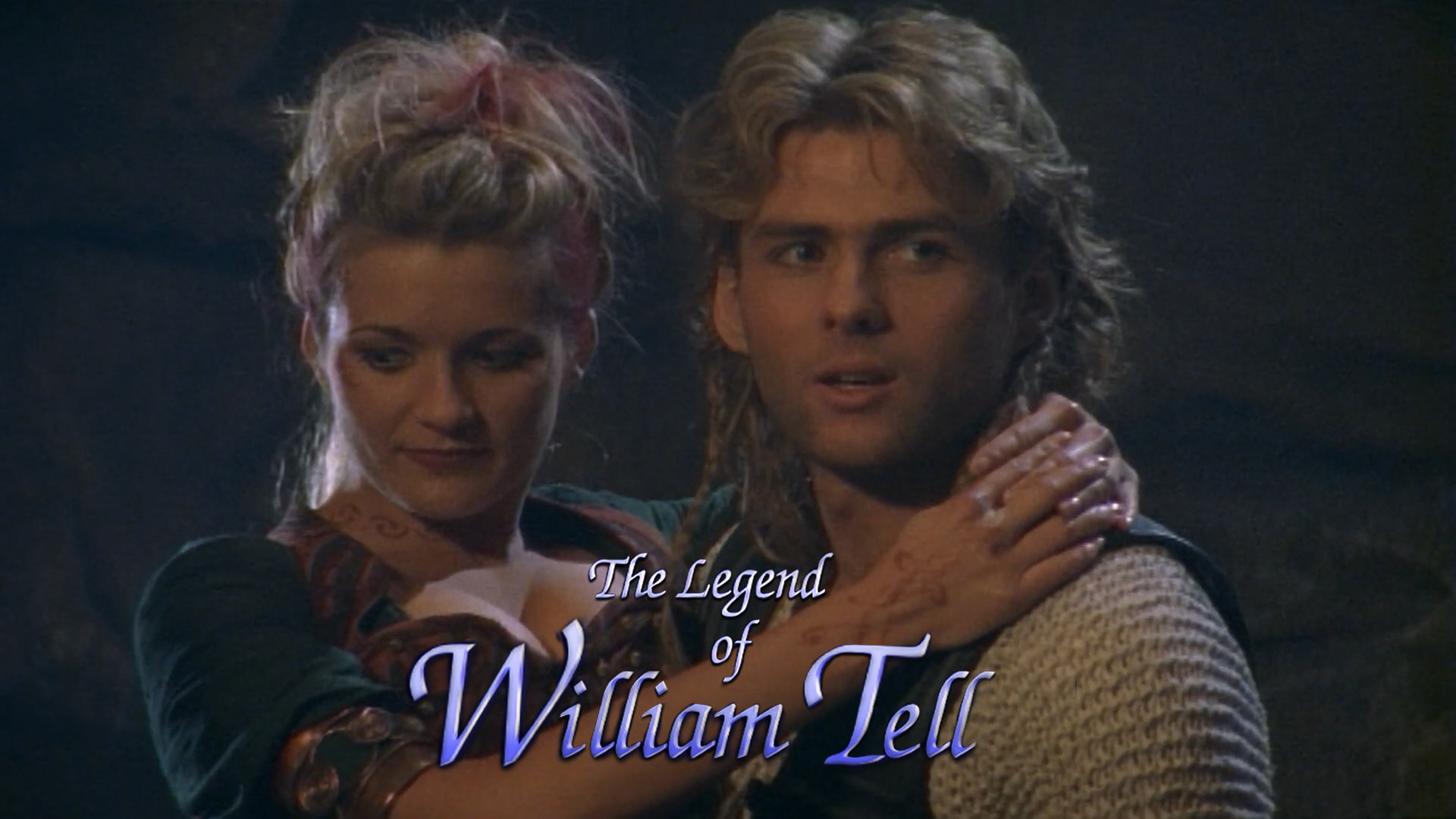
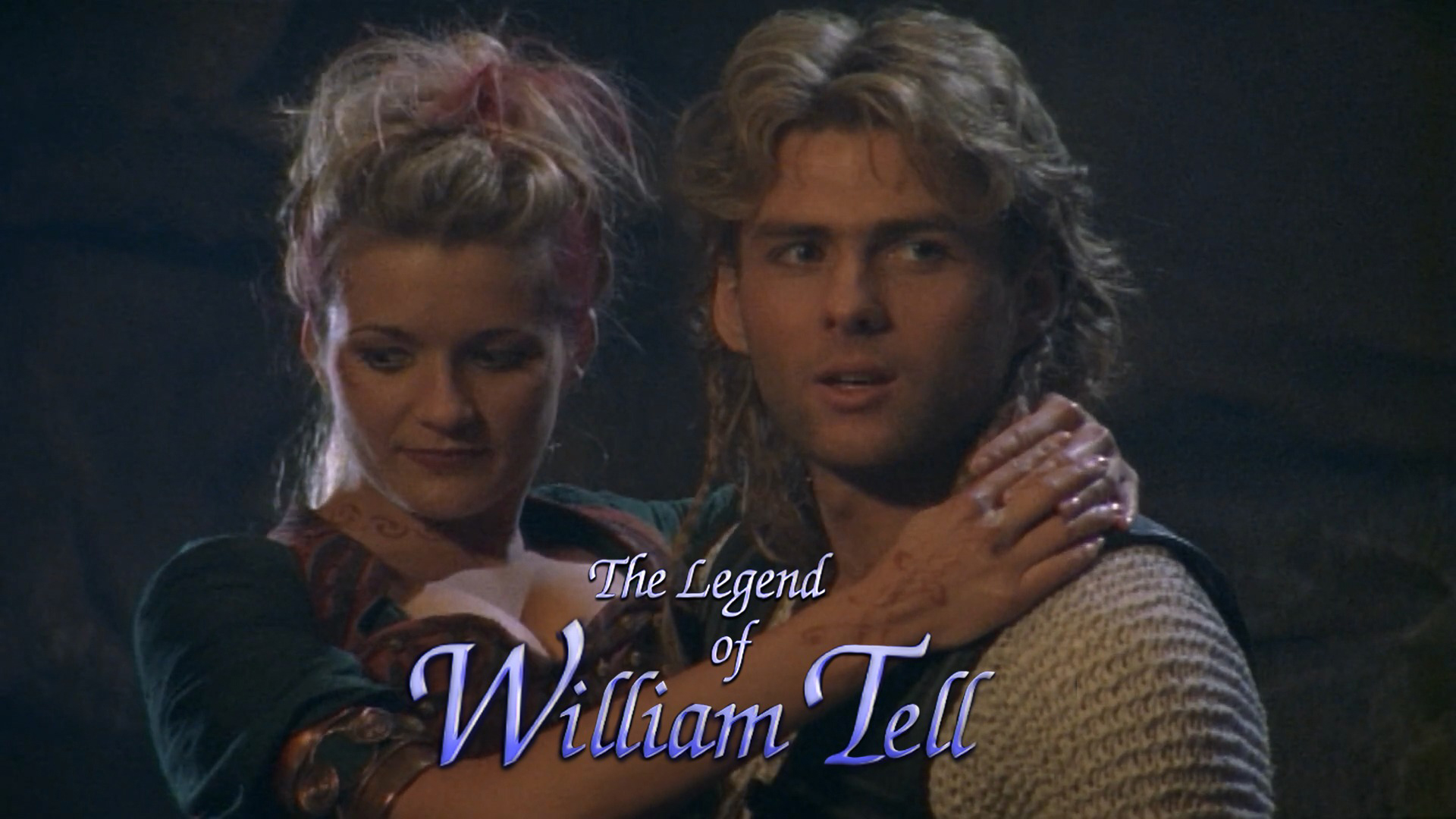
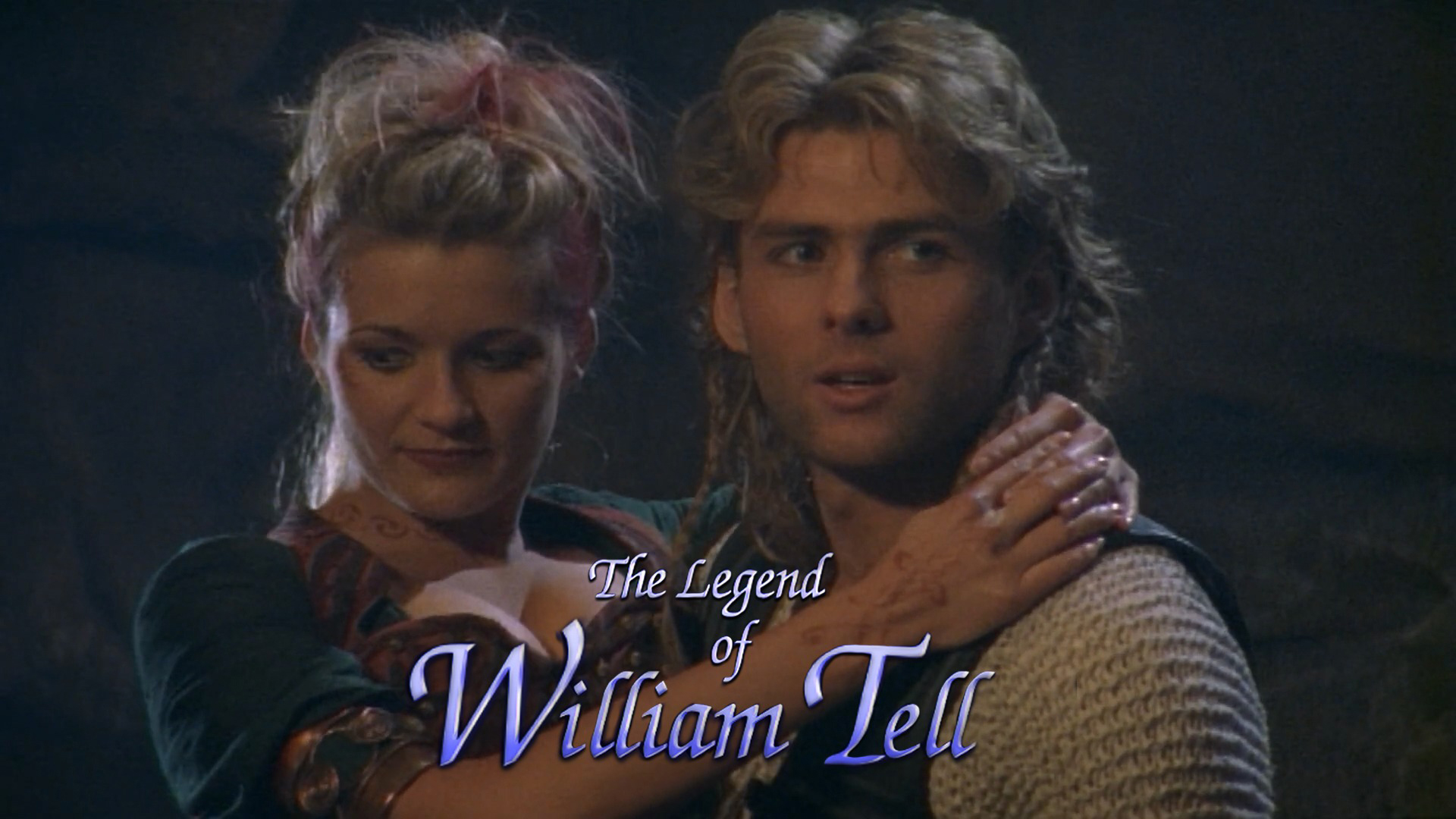

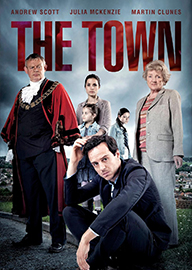

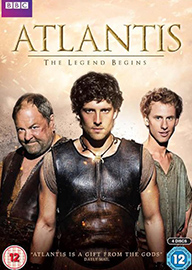








Comments
0Reviews
0Summery
1Please sign in to comment.
Please sign in to review.
The Legend of William Tell (1998) is a historical action-adventure television series based on the legendary Swiss folk hero William Tell. The show aired in the late 1990s, offering a reimagined version of the classic tale that blends history, legend, and action. Set in the 14th century, the series follows William Tell, a skilled archer and leader, as he leads a rebellion against the tyrannical rule of the Austrian Habsburgs over Switzerland. The series is a mix of action, drama, and suspense, with episodes chronicling Tell’s quest for freedom and justice, as well as his struggles with personal loyalty, the protection of his family, and the political landscape of the time. The cast includes prominent actors like Oliver Tobias, who portrays the title character, William Tell.
The story begins in the aftermath of William Tell’s public humiliation and the harsh rule of the Austrian officials, led by the ruthless Governor Gessler (played by Michael Craig). As the legend goes, Tell is forced to shoot an apple off the head of his own son, a task that he miraculously succeeds at, demonstrating not only his incredible skill with a bow and arrow but also his courage in the face of tyranny. The series takes this key moment in the legend and expands upon it, diving deeper into the political tensions of the time. Tell is a man who is not only a legendary marksman but also a family man and a symbol of resistance. His actions quickly gain him the admiration of his fellow Swiss villagers, who begin to rally around him as a leader in their fight for independence.
In the television series, William Tell becomes more than just a mythic figure; he is depicted as a multi-dimensional character with complex motivations. Beyond his exceptional archery skills, Tell is shown as a devoted father to his son, a loving husband to his wife, and a man struggling with his own sense of duty and justice. His relationship with his family is one of the central emotional arcs of the series, as he is constantly torn between his roles as a protector of his loved ones and his desire to free his homeland from the oppressive rule of the Habsburgs. The political backdrop of the show includes not only the tension between the Swiss and the Austrians but also the relationships between the various Swiss cantons, each with its own distinct politics and alliances. This deeper exploration of the political and social landscape gives the show a level of nuance that goes beyond the simple "good versus evil" conflict that defines many traditional tellings of the legend.
The series also delves into the key figures who play significant roles in the historical narrative of the Swiss struggle for freedom. Among these is the character of Walter (played by Jean-Pierre Castaldi), a local Swiss leader who is initially skeptical of Tell’s ability to unite the people. Over time, Walter becomes one of Tell’s staunchest allies, and their growing bond exemplifies the themes of unity and collective action that are central to the series. Another key character is Gessler, the Austrian governor, who embodies the oppressive force that Tell and his fellow rebels must fight against. Gessler is portrayed not only as a villain but also as a man whose brutal actions and disdain for the Swiss people reflect the larger tensions between the Austrian crown and the Swiss inhabitants. His interactions with Tell and the other characters drive much of the drama in the series, as his tyranny serves as a catalyst for the rebellion.
As the series progresses, Tell’s resistance movements intensify, and he gathers a group of loyal comrades, all of whom contribute to the effort to rid Switzerland of Austrian rule. The growing resistance is portrayed not only through intense action sequences but also through moments of emotional depth, as Tell and his followers experience personal sacrifices in their fight for freedom. The relationship between Tell and his son, in particular, is one of the emotional cores of the series. His son, who is initially portrayed as innocent and naive, slowly matures throughout the series, witnessing firsthand the brutal consequences of the rebellion and the sacrifices that must be made for the cause. Tell’s efforts to protect his family while leading a rebellion provide the series with emotional stakes, making the narrative both thrilling and poignant.
In the later stages of the series, the historical figures and events portrayed are merged with the legendary aspects of the William Tell myth. Tell becomes not only a symbol of resistance against tyranny but also a figure whose personal journey of growth and sacrifice underscores the show’s central themes. The Swiss rebellion grows in strength and determination, with Tell serving as the key figurehead of the resistance. His moral convictions are challenged as he faces betrayal, loss, and difficult decisions that threaten to tear apart his cause. The series concludes with a climactic battle, symbolizing the final struggle for Swiss independence, in which Tell’s leadership and skill are put to the ultimate test. The resolution of the series brings the legendary story full circle, with William Tell emerging as not only a hero in the historical context but also as a symbol of the enduring fight for justice and freedom.
The series does not only offer action and adventure; it also focuses on the themes of loyalty, honor, and justice. The characters face complex moral dilemmas as they fight for what they believe in, forcing them to question their own values and decisions along the way. Through Tell's leadership and sacrifices, the show explores what it means to be a hero in a world of political turmoil and personal sacrifice. The drama that unfolds throughout the series emphasizes the costs of standing up for freedom, the complexities of leadership, and the deep bonds that are forged through shared struggles. The Legend of William Tell (1998) thus serves as both a reimagining of the classic legend and a fresh perspective on the larger themes of rebellion and the fight for independence.
The Legend of William Tell (1998) is a series that successfully combines historical fiction with legendary storytelling. While it stays true to the core elements of the William Tell myth, it also brings depth to the characters and plot, making the story more relatable and emotionally impactful. The political intrigue, action sequences, and personal dynamics make it an engaging watch for those interested in historical drama and adventure. Though the show may not have achieved massive mainstream success, it remains a unique take on the William Tell legend, offering viewers a rich, character-driven narrative with plenty of action, heart, and historical context.
The series' reception was generally positive, with particular praise directed at the performances of the cast, especially Oliver Tobias’s portrayal of William Tell. The show's attention to detail in depicting the medieval Swiss landscape and the political tension between the Swiss people and the Austrian Habsburgs helped create an immersive viewing experience. The high-stakes action, combined with the emotional depth of the characters' journeys, made The Legend of William Tell an entertaining series that also shed light on the historical events that shaped Switzerland's fight for independence. The series, despite its relatively short run, continues to be remembered fondly by fans of historical adventure and is appreciated for offering a deeper, more nuanced look at the legendary figure of William Tell.